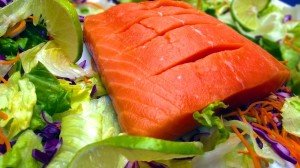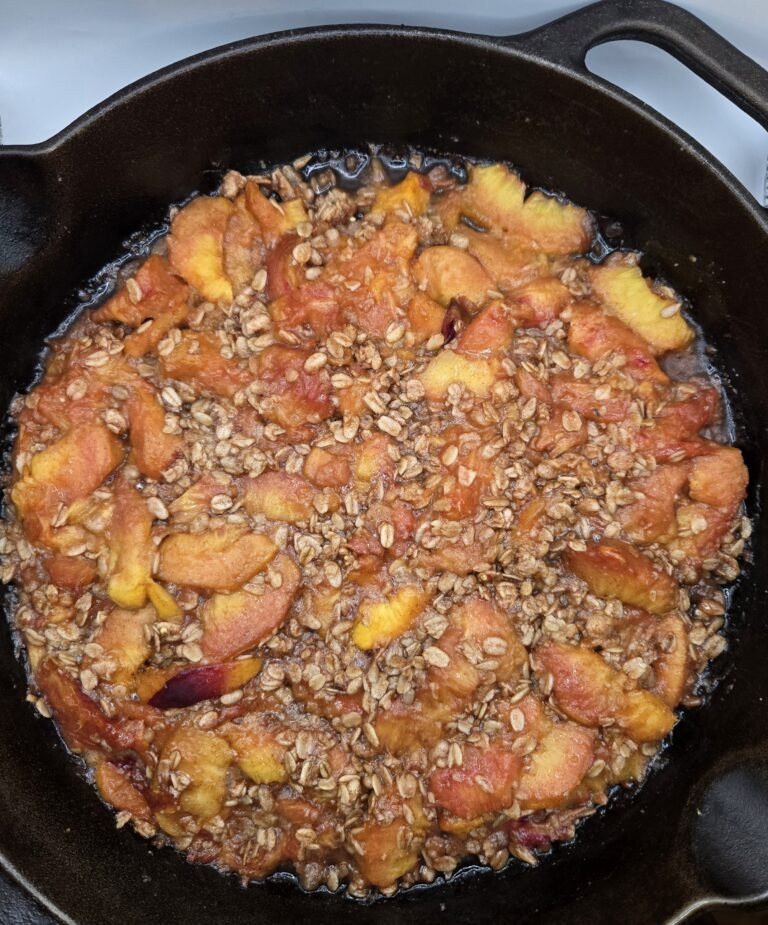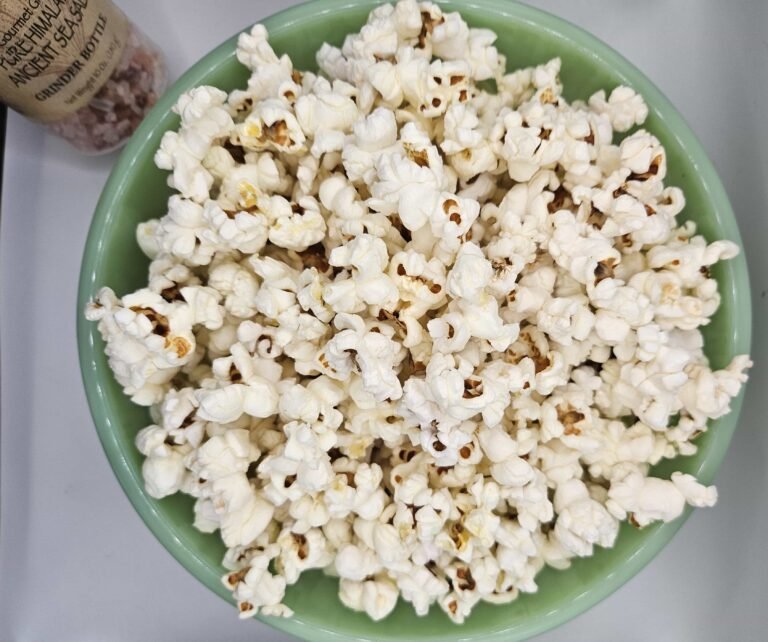A week or so ago, there was a radio discussion about the food-mood connection[1] that addressed the relationship between long-term stress and eating habits. Stress can lead to consuming bad foods and likewise poor food choices contribute to stress.
If you’re temporarily under stress, your body will put eating on hold. It’s part of your fight or flight mechanism – stress begins, your adrenaline hormone kicks in, and your appetite stops while you focus on the current danger. But when stress is ongoing, a different hormone is released (cortisol). Cortisol increases the appetite, and when people stay stressed they tend to eat foods higher in fat and sugar,[2] including highly refined carbohydrates such as bagels, donuts, or white pasta. These types of foods cause a sugar crash afterward, making you crave more comfort food and then you’re on a blood sugar – and mood – roller coaster.
The weight gain associated with eating under stress is increased by other habits people turn to when they’re stressed, like drinking alcohol, smoking, and skipping exercise. You also often can’t sleep well under stress, start grinding your teeth, become irritable, and overall contribute to more stress cycles and surges.
The things you stop doing when you’re stressed are the most important things to do to prevent chronic stress, for example, getting enough sleep, exercising and meditating regularly, and eating highly nutritious foods. Omega-3 fatty acids (like in fish, nuts, and flax seed) make your stress handling ability and emotional resiliency stronger along with creating less depression and aggression. Joseph R. Hibbeln, MD (Acting Chief, National Institute on Alcohol Abuse and Alcoholism) found the effect of omega-3s for managing major depressive symptoms are at least as great, if not greater than, antidepressant medications while deficient intakes may increase risk for mental distress.[3]
He says that studies show omega-3s can also help protect neurons against the damage that can be done by chronic stress. Mood booster foods to eat, for example, are sardines (Pacific), herring, eggs, flax or chia seeds, peanut butter, spinach, and kale.
[1] “Food-Mood Connection: How You Eat Can Amp Up or Tamp Down Stress,” NPR Morning Edition, July 19, 2014.
[2] “Stress and overeating: Why people crave comfort food,” Harvard Mental Health Letter, February 2012.
[3] “Fighting Depression and Improving Cognition with Omega-3 Fatty Acids,” by Laurie Barclay, MD, Life Extension Magazine, October 2007.





